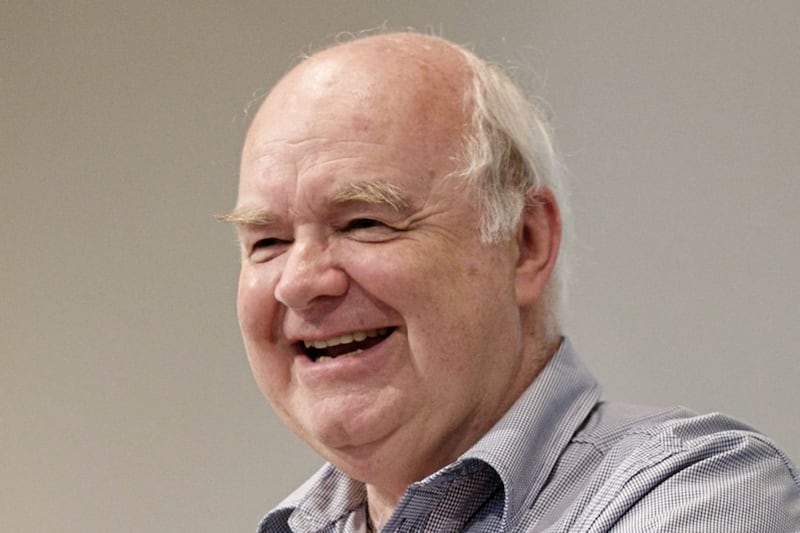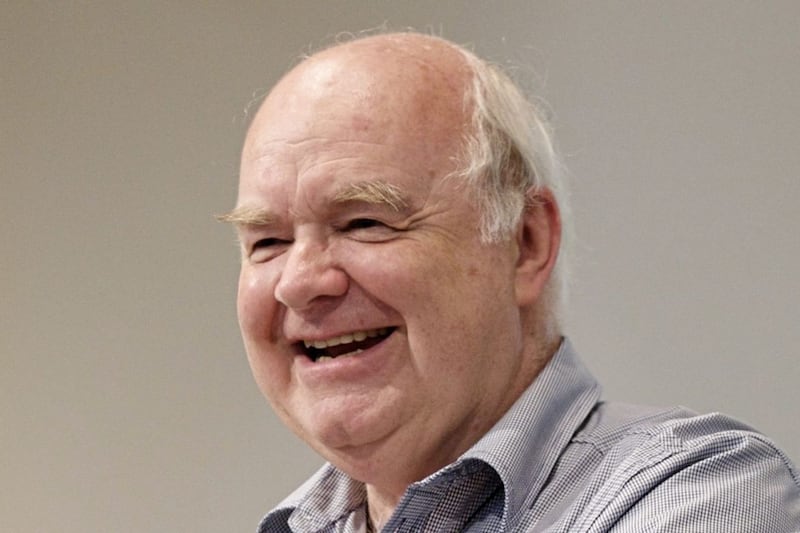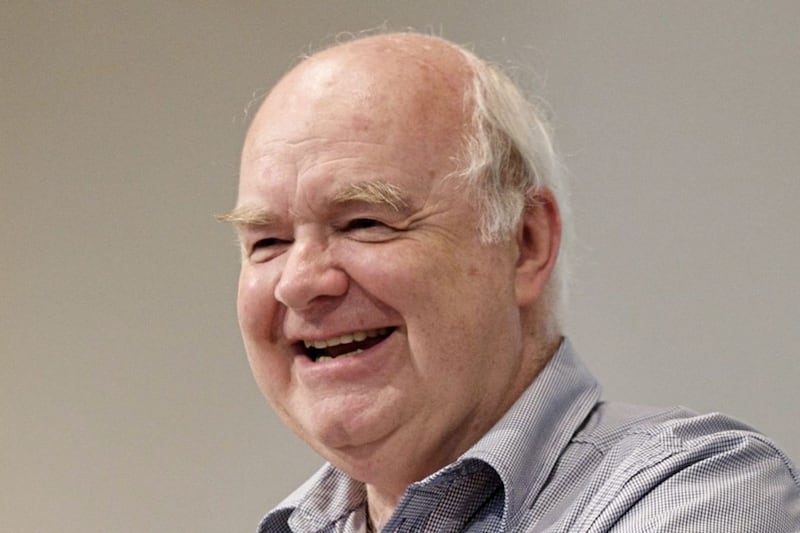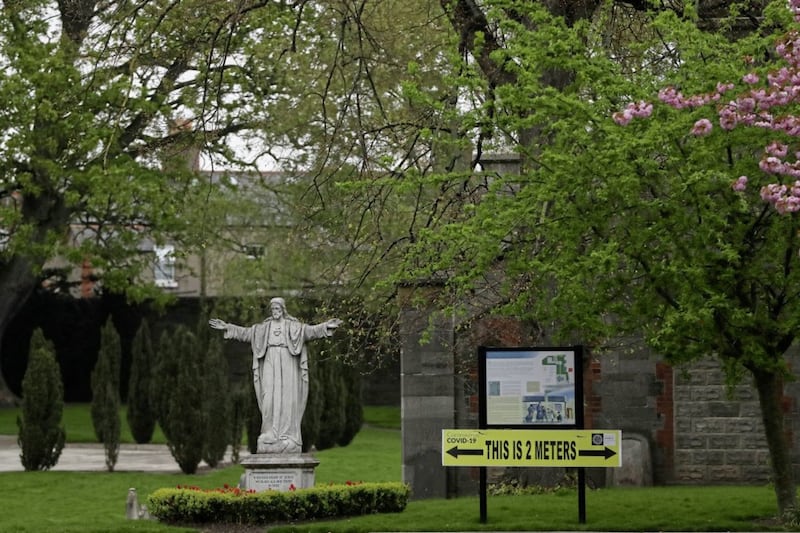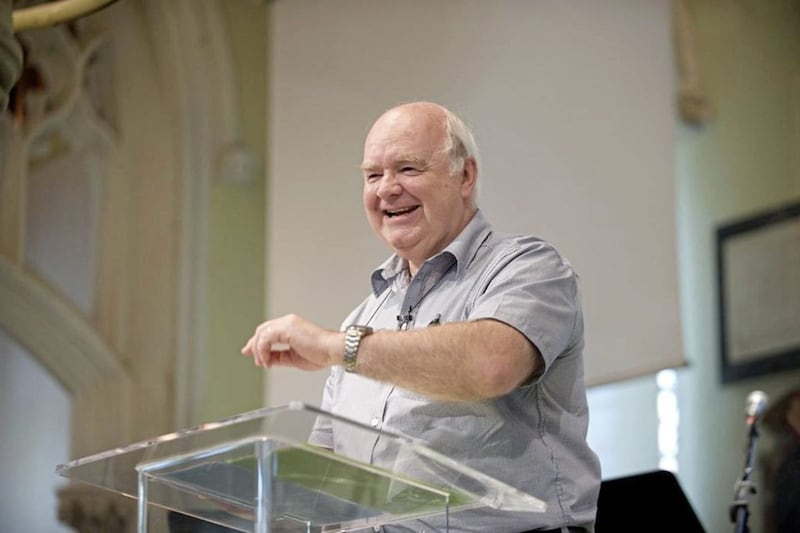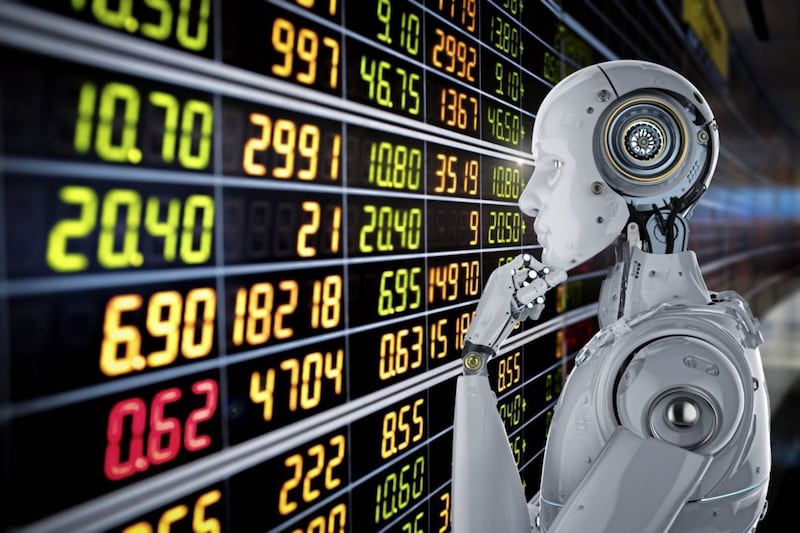
WE humans are insatiably curious. We have been asking questions since the dawn of history. We've especially been asking the big questions about origin and destiny: Where do I come from and where am I going?
Their importance is obvious. Our answer to the first shapes our concepts of who we are, and our answer to the second gives us goals to live for.
Taken together, our responses to these questions help frame our worldview, the narrative that gives our lives their meaning.
The problem is that these are not easy questions, as we see from the fact that many and contradictory answers are on offer.
Yet, by and large, we have not let that hinder us. Over the centuries, humans have proposed some answers given by science, some by philosophy, some based on religion, others on politics, etc.
Two of the most famous futuristic scenarios are the 1931 novel Brave New World by Aldous Huxley and George Orwell's novel 1984, published in 1949.
Both of them have, at various times, been given very high ranking as influential English novels. For instance, Orwell's was chosen in 2005 by Time magazine as one of the 100 best English-language novels from 1923 to 2005.
Both novels are dystopian: that is, according to the Oxford English Dictionary, "they describe an imaginary place or condition that is as bad as possible".
Orwell introduced ideas of blanket surveillance in a totalitarian state, of 'thought control' and 'newspeak', ideas that nowadays increasingly come up in connection with developments in artificial intelligence
However, the really bad places that they describe are very different, and their differences, which give us helpful insights that will be useful to us later, were succinctly explained by sociologist Neil Postman in his highly regarded work
[ Amusing Ourselves to Death ]
: "Orwell warns that we will be overcome by an externally imposed oppression.
"But in Huxley's vision, no Big Brother is required to deprive people of their autonomy, maturity and history. As he saw it, people will come to love their oppression, to adore the technologies that undo their capacities to think.
"What Orwell feared were those who would ban books. What Huxley feared was there would be no reason to ban a book, for there would be no-one who wanted to read one.
"Orwell feared those who would deprive us of information. Huxley feared those who would give us so much that we would be reduced to passivity and egoism.
"Orwell feared that the truth would be concealed from us. Huxley feared that the truth would be drowned in a sea of irrelevance.
"Orwell feared we would become a captive culture. Huxley feared we would become a trivial culture... In short, Orwell feared that what we hate will ruin us. Huxley feared that what we love will ruin us."
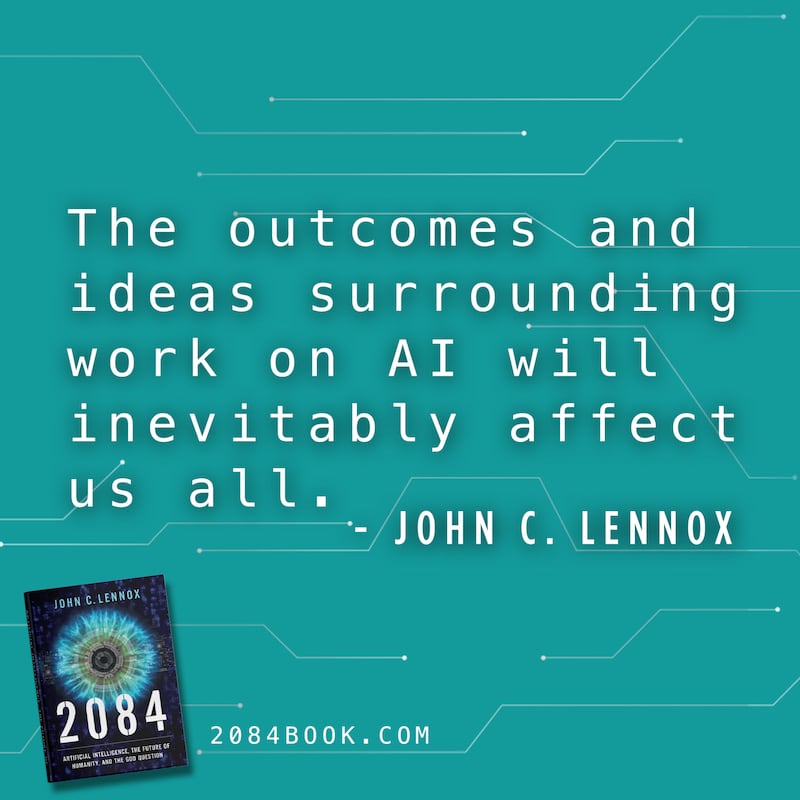
Orwell introduced ideas of blanket surveillance in a totalitarian state, of "thought control" and "newspeak", ideas that nowadays increasingly come up in connection with developments in artificial intelligence (AI), particularly the attempt to build computer technology that can do the sorts of things that a human mind can do - in short, the production of an imitation mind.
Billions of dollars are now being invested in the development of AI systems, and not surprisingly, there is a great deal of interest in where it is all going to lead...
Taken from 2084: Artificial Intelligence and The Future of Humanity by John Lennox. Copyright © 2020 by Zondervan. Used by permission of Zondervan, www.zondervan.com
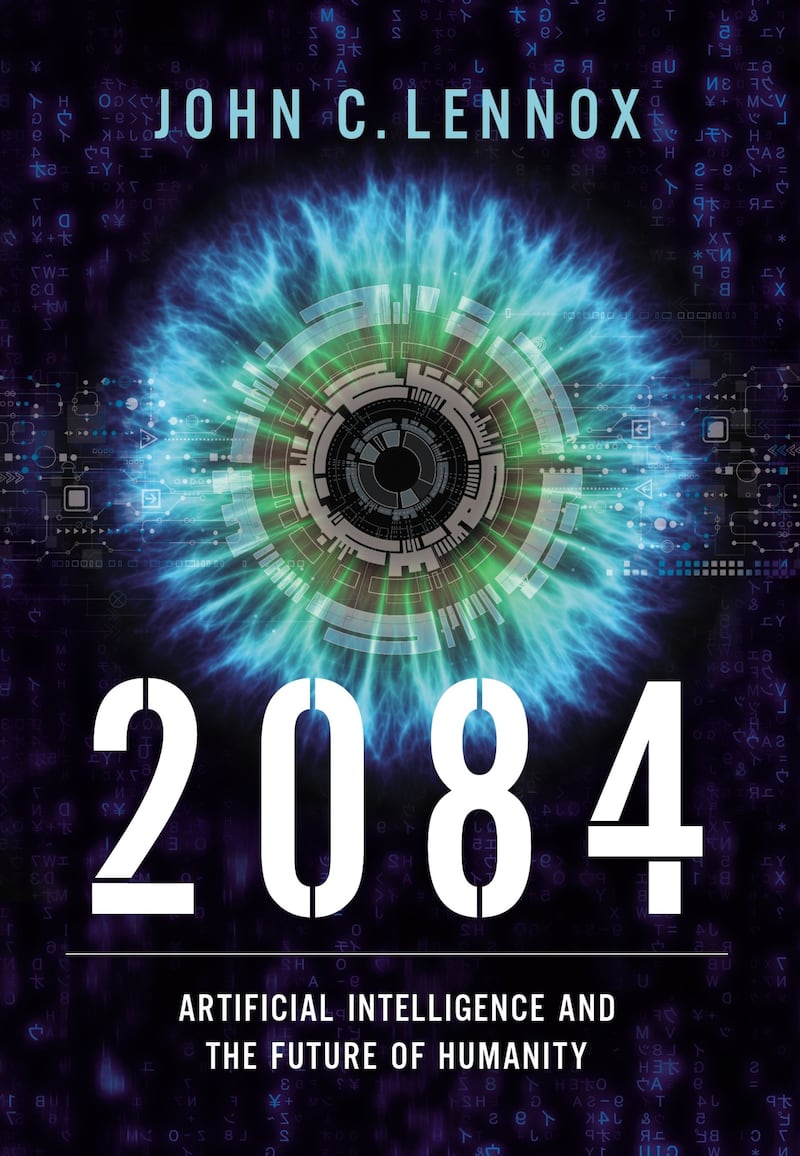
John C. Lennox (PhD, DPhil, DSc) is Professor of Mathematics in the University of Oxford (Emeritus), Fellow in Mathematics and the Philosophy of Science, and Pastoral Advisor at Green Templeton College, Oxford.
He is author of God's Undertaker: Has Science Buried God? on the interface between science, philosophy, and theology. He lectures extensively in North America and in Eastern and Western Europe on mathematics, the philosophy of science, and the intellectual defence of Christianity, and he has publicly debated New Atheists Richard Dawkins and Christopher Hitchens.
John is married to Sally; they have three grown children and 10 grandchildren and live near Oxford.
There is more about 2084: Artificial Intelligence and The Future of Humanityhere.
Professor Lennox discusses the importance of understanding Genesis in understanding humans here and AI and morality here.
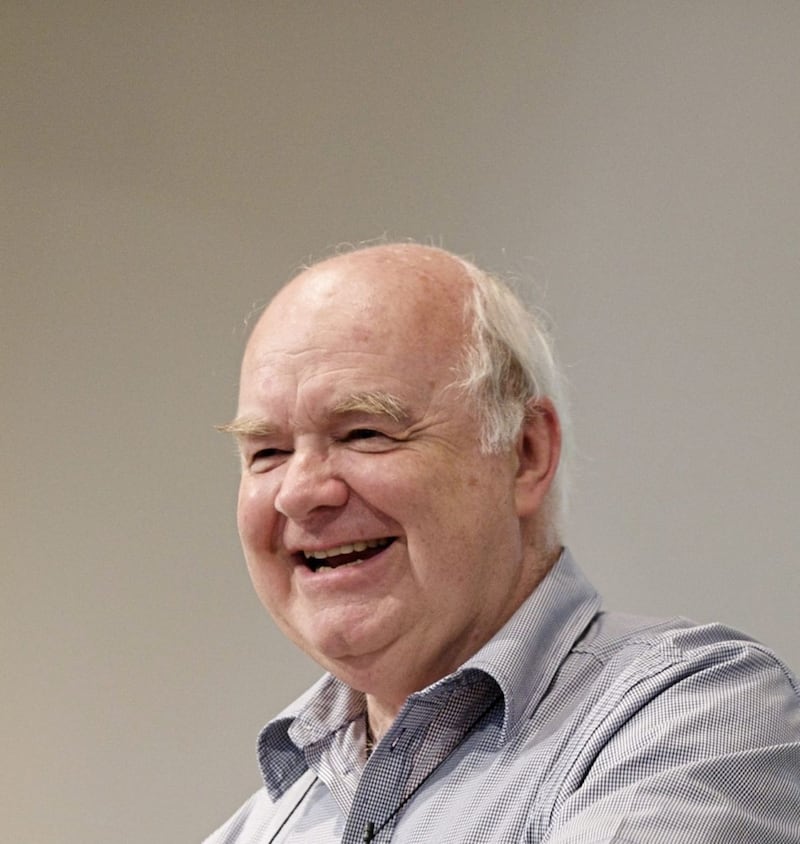

Neil Postman, Amusing Ourselves to Death: Public Discourse in the Age of Show Business, 20th anniv. ed. (1986; repr., New York: Penguin, 2006), xix–xx


